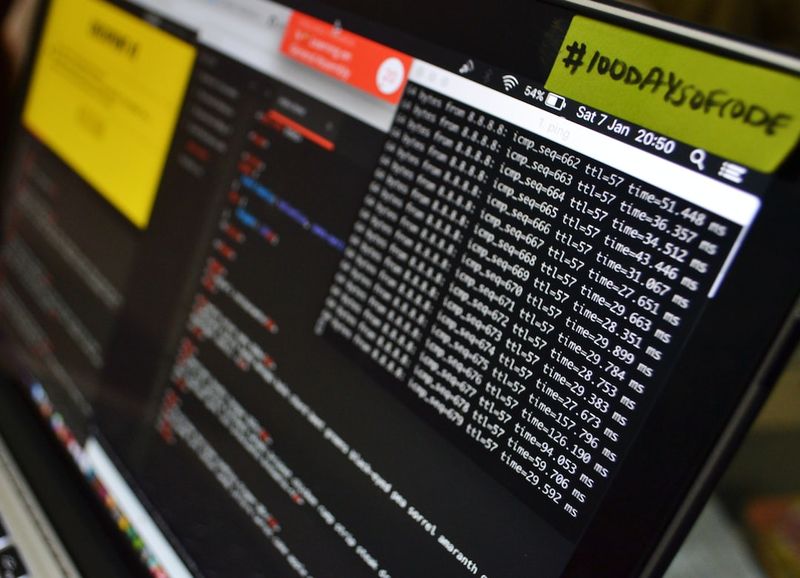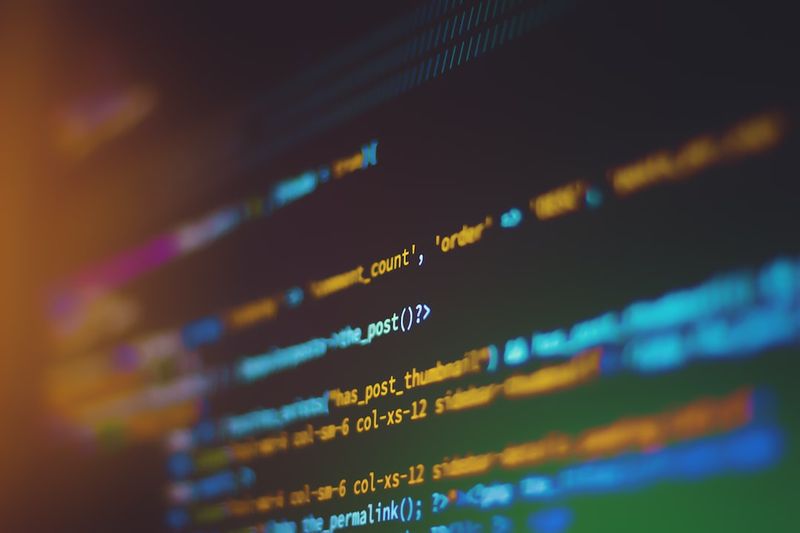Data Breaches Ohio History Organization Says Personal Information Stolen in Ransomware Attack
The Ohio History Connection (OHC), a nonprofit organization managing the Ohio History Center and several other museums and sites in Ohio, has confirmed a ransomware attack that occurred in July, resulting in the theft and subsequent posting of personal information of thousands of individuals. The organization reported that data on its internal servers was encrypted and stolen, and the attackers demanded millions of dollars in ransom to prevent the release of the stolen information. After OHC made an offer to the cybercriminals, which was rejected, the personal information was posted online.
The compromised information includes the names, addresses, and Social Security numbers of current and former employees, spanning between 2009 and 2023, as well as the names and Social Security numbers of third-party vendors providing services to the organization. Additionally, the attackers may have gained access to images of checks provided to OHC by members and donors starting in 2020. Fortunately, no credit card information was compromised in the attack.
According to OHC, approximately 7,600 individuals may have been affected by the breach. The organization has taken immediate action by reporting the attack to the relevant authorities and hiring an IT consulting firm to assist with the investigation. OHC has also moved most of its data to cloud-based services and implemented new security systems to enhance data protection.
Internet Security and Personal Privacy
This ransomware attack on the Ohio History Connection serves as a reminder of the constant threats posed by cybercriminals and the vulnerability of personal information stored in digital databases. The attack highlights the importance of implementing robust security measures to safeguard sensitive data and prevent unauthorized access.
Ransomware attacks involve cybercriminals infiltrating an organization’s systems, encrypting its data, and demanding a ransom in exchange for the decryption key. These attacks can have severe consequences, not only for the targeted organization but also for the individuals whose personal information is compromised. In this case, the stolen information could potentially be used for phishing attacks, putting affected individuals at risk of identity theft and financial fraud.
Organizations must prioritize cybersecurity by regularly updating their security systems, employing encryption technologies, and training employees on best practices for information security. Additionally, implementing multi-factor authentication and regularly backing up data are crucial steps in mitigating the impact of potential ransomware attacks.
The Ethical Dilemma of Paying Ransom
One of the most contentious aspects of ransomware attacks is the question of whether or not to pay the demanded ransom. In the case of the Ohio History Connection, the organization made an offer to the cybercriminals to prevent the release of the stolen data, but it was rejected. Organizations facing such attacks are placed in an ethical dilemma: pay the ransom and potentially fuel the ransomware industry, or refuse to pay and risk the exposure of sensitive information.
While it may be tempting for organizations to pay the ransom to regain access to their encrypted data or prevent the release of stolen information, it is generally advised against doing so. Paying the ransom creates a financial incentive for cybercriminals to continue their malicious activities and puts other organizations at risk. Furthermore, there is no guarantee that paying the ransom will result in the full recovery of stolen data or prevent its leak.
Instead, organizations should focus on prevention, detection, and response to cyberattacks. This includes regularly updating security measures, conducting thorough risk assessments, and investing in robust backup systems that can quickly restore data in case of an attack.
Editorial: Strengthening Cybersecurity Measures
The incident at the Ohio History Connection emphasizes the need for organizations to take cybersecurity seriously and invest in proactive measures to protect sensitive data. Ransomware attacks, like the one endured by OHC, not only compromise personal information but also erode public trust in organizations and their ability to safeguard the data they collect.
To combat and prevent future attacks, both businesses and individuals need to prioritize cybersecurity. Businesses must allocate adequate resources to ensure the implementation of secure systems, regular security assessments, and comprehensive employee training. Additionally, regulatory bodies should play a role in enforcing minimum cybersecurity standards and incentivizing organizations to invest in robust security measures.
Individuals, on the other hand, should practice good online hygiene by using strong, unique passwords for each online account, enabling multi-factor authentication whenever possible, and being cautious of suspicious emails or links. By taking these precautions, individuals can protect themselves against potential data breaches and minimize the impact of cyberattacks.
Conclusion and Advice
The Ohio History Connection data breach serves as a stark reminder of the ever-present threat of cyberattacks and the need for robust cybersecurity measures. Organizations must prioritize the protection of personal information by implementing comprehensive security systems, training employees, and regularly assessing risks. Individuals, too, must take responsibility for their online security by practicing good cyber hygiene.
While the consequences of a data breach can be severe, preventing such incidents is crucial in maintaining trust between organizations and their stakeholders. By investing in cybersecurity and adopting a proactive approach to data protection, organizations can mitigate the risks posed by ransomware attacks and safeguard sensitive information.

<< photo by cottonbro studio >>
The image is for illustrative purposes only and does not depict the actual situation.
You might want to read !
- Ohio History Organization Falls Victim to Ransomware Attack, Putting Personal Information at Risk
- The Rise of Cyberattacks: Leaseweb’s Cloud Disruptions Unveiled
- The Rise of SIM Swapping Attacks: Cryptocurrency Firms Fall Victim to Data Breaches
- Editorial Exploration: Examining the devastating consequences of the ransomware attack on hosting provider CloudNordic and its impact on its customers.
Title: Unmasking the Fallout: CloudNordic’s Devastating Ransomware Attack Erases All Customer Data
- The Era of Unrelenting Ransomware Attacks: Analyzing the Escalation




